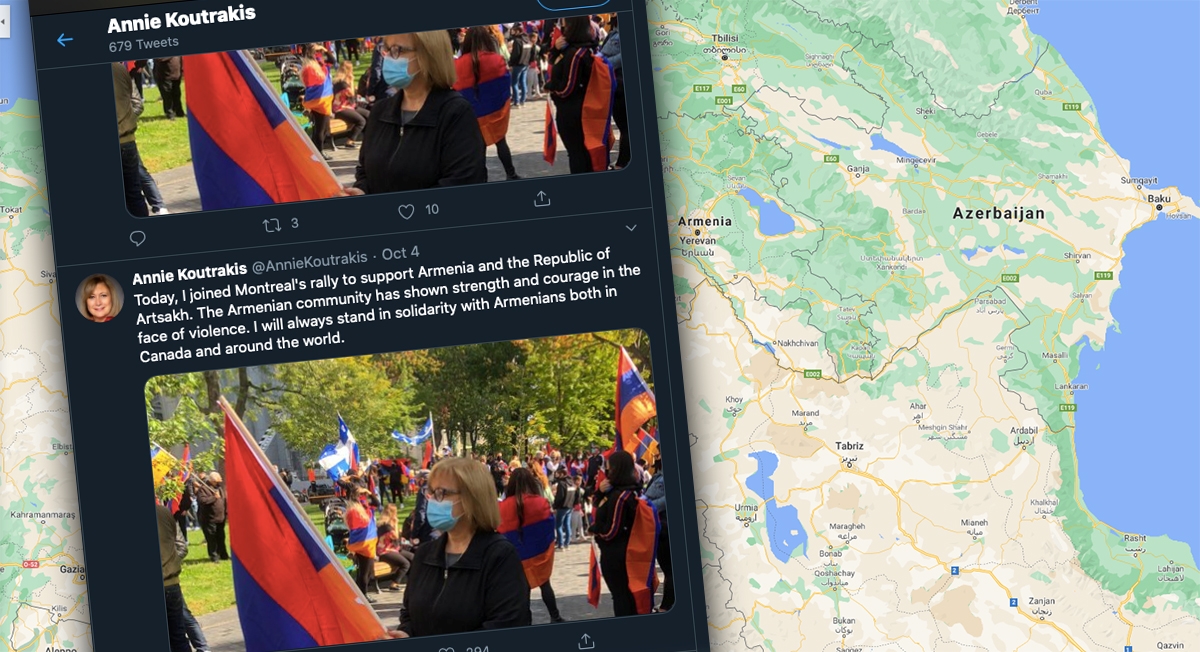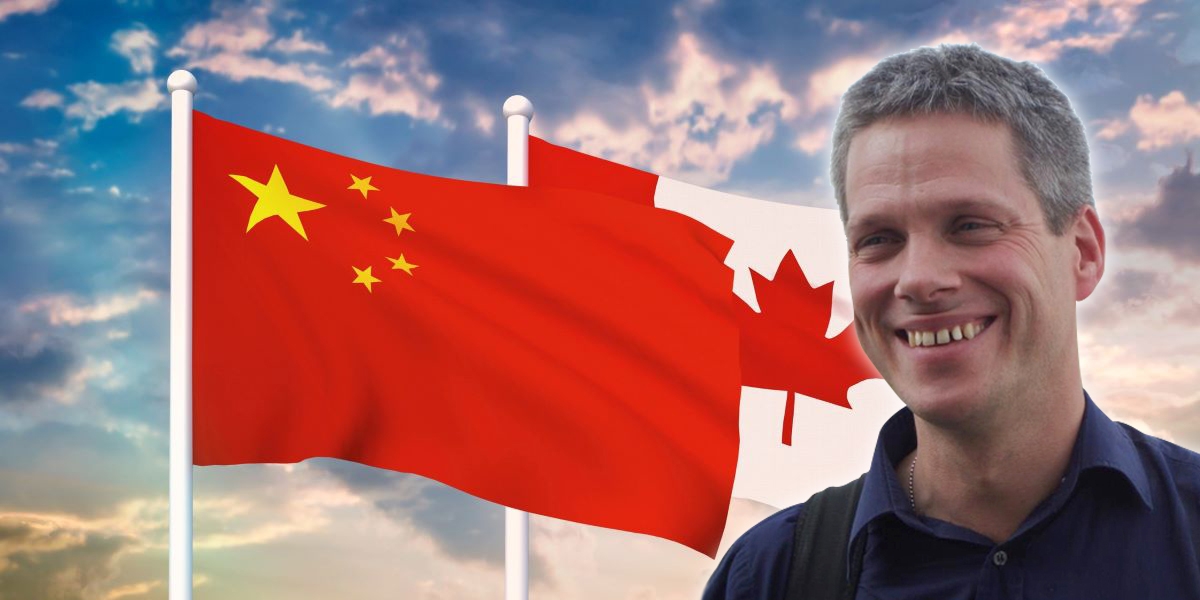
Canadian policy on Nagorno Karabakh is Confusing and Dangerous
In discussing and resolving modern conflict things are seldom black and white, and as in most things, there are many shades of grey. Facts, nuance and history matter. There is no better example of this 'grey zone' surrounding "who are the good guys’ than the renewed conflict between Armenia and Azerbaijan.
The area that is being fought over, Nagorno-Karabakh, is as contentious as the Crimean land dispute which happened due to similar political manoeuvrings. Russia has seen Crimea as part of the Russian federation for its entire modern history.Yet the territory which is majority ethnic Russian was 'given' to Ukraine in 1954 while Russia and the Ukraine were both member republics of the Soviet Union. In 1954, Soviet leader Nikita Khrushchev issued a 'Decree of the Presidium of the USSR Supreme Soviet transferring Crimea Province from the Russian Republic to the Ukraine Republic", and with that simple gesture a region that had been Russian for centuries was gone.In 2014, Russian President Vladimir Putin took it back by force with little consequence from the West.
In a similar vein, Nagorno-Karabakh was ethnically Armenian long before the creation of the Soviet Union, yet it was 'given' to the Turkic republic of Azerbaijan by the Soviet Union after the Soviets invaded and occupied both Armenia and Azerbaijan. Although the land is legally part of Azerbaijan, it is still populated by an ethnic group that was the victim of one of the first modern-day genocides at the hands of Turkic peoples — the Armenian genocide of 1914-1917.
Azerbaijan sees the Armenian breakaway state of the Republic of Artsakh (which encompasses the territory of Nagorno-Karabakh and is officially unrecognized by all UN member states) as its own territory under Armenian occupation, while Armenia sees the republic as a place that has always been and should remain part of Armenia (even though it hasn’t been officially incorporated into Armenia).
Both sides have legitimate grievances, and that makes resolving the conflict much more difficult. Armenia can’t defeat Azerbaijan on the battlefield without risking a Turkish invasion due to the shared Turkish/Armenian border and Turkey's close relations with Azerbaijan. Armenia is a close partner of the Russian Federation and has Russian troops stationed in the country. Meaning, Azerbaijan risks war with Russia, which would be a non-starter for a Turkish-backed state, given Turkeys membership in NATO.
There is something Canada could do to help mitigate the conflict. Given Canada’s large Armenian population (estimated between 80-100 thousand), and Canada’s diplomatic goodwill and military cooperation with Turkey, it could propose to be a mediator and hold peace talks between the two sides.
In a world where the United States has abdicated its role as the global policeman and peacemaker, there will be no resolution of the conflict at the barrel of a western gun, as we saw in Kosovo in 1999. Most importantly, Canada must remain neutral in this conflict and not actively take a side as the ramifications of doing so would be damaging to our interests.
If Canada takes Armenia's side, we would announce to the world that it is okay to occupy the territory of another state due to inter-ethnic grievances. It would lead to a de facto recognition of the breakaway republic of Artsakh. Other breakaway states would then seek Canadian support, including South Ossetia and Abkhazia in Georgia both of which are only recognized by allied states of Russia, as well as Transnistria in Moldova — which is also a breakaway Russian ethnic republic — and perhaps Somaliland, the autonomous functioning region of Somalia.
To take Azerbaijan's side would also be a lose lose. Azerbaijan does not recognize the Armenian genocide and it has been reported to be using Islamist fighters from Syria, (including the war criminal and former ISIS commander Sayf Balud) to assist their cause. Azerbaijan has no will to respect the minority rights of the Armenians living in its territory.
Despite this tense situation the Trudeau Liberal government's cavalier approach to sensitive global affairs issues came into full view again this week as the Liberal MP for Vimy, Anne Koutrakis, posted a photo of herself on Twitter marching with an Armenian flag the following text: ‘Today, I joined Montreal's rally to support Armenia and the Republic of Artsakh. The Armenian community has shown strength and courage in the face of violence. I will always stand in solidarity with Armenians both in Canada and around the world.”
To be fair, Ms Koutrakis is a backbencher MP and not the Minister of Foreign Affairs. But by speaking out publicly, she has left the impression that the government of Canada has taken a side in the conflict. Worse, the Trudeau government's continuing silence on her remarks has only served to reinforce her views. This will mitigate Canada's ability to be a peacemaker in any future negotiations between Armenia and Azerbaijan. Additionally by supporting Armenia, Canada will be viewed as having sided with a an unrecognized breakaway republic and a Russian proxy state.
Russia is a NATO adversary, Estonia, Latvia, and Lithuania which were once part of the former Soviet Union are now all under NATO protection which includes the deployment of Canadian troops. Armenia may have the moral high ground for defending ethnic Armenians but let us not forget that it is occupying the territory of another sovereign state and has done so unilaterally by force. Canada should not condone this behaviour. It must look at all sides of the grievance and help to the two sides come to a settlement. This is almost always the only way modern wars are ended.
The Justin Trudeau Liberal government has an opportunity to show that Canada is 'back’ . . . but do they know what it really means?









